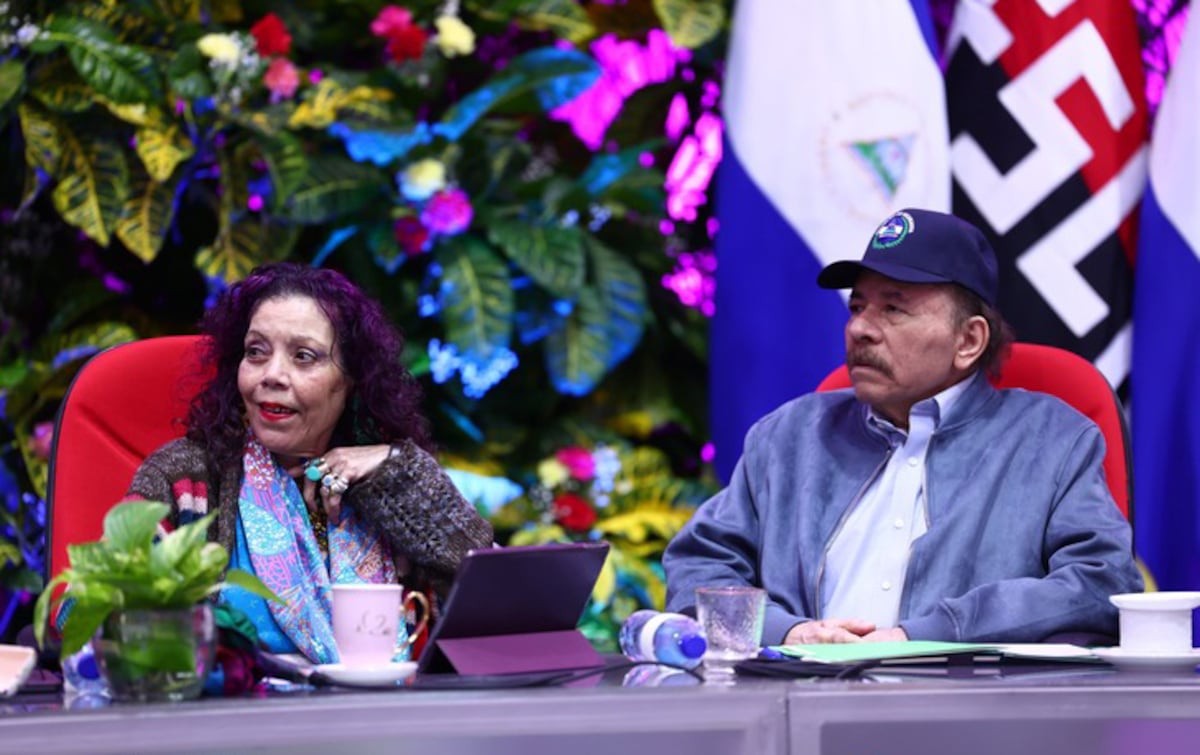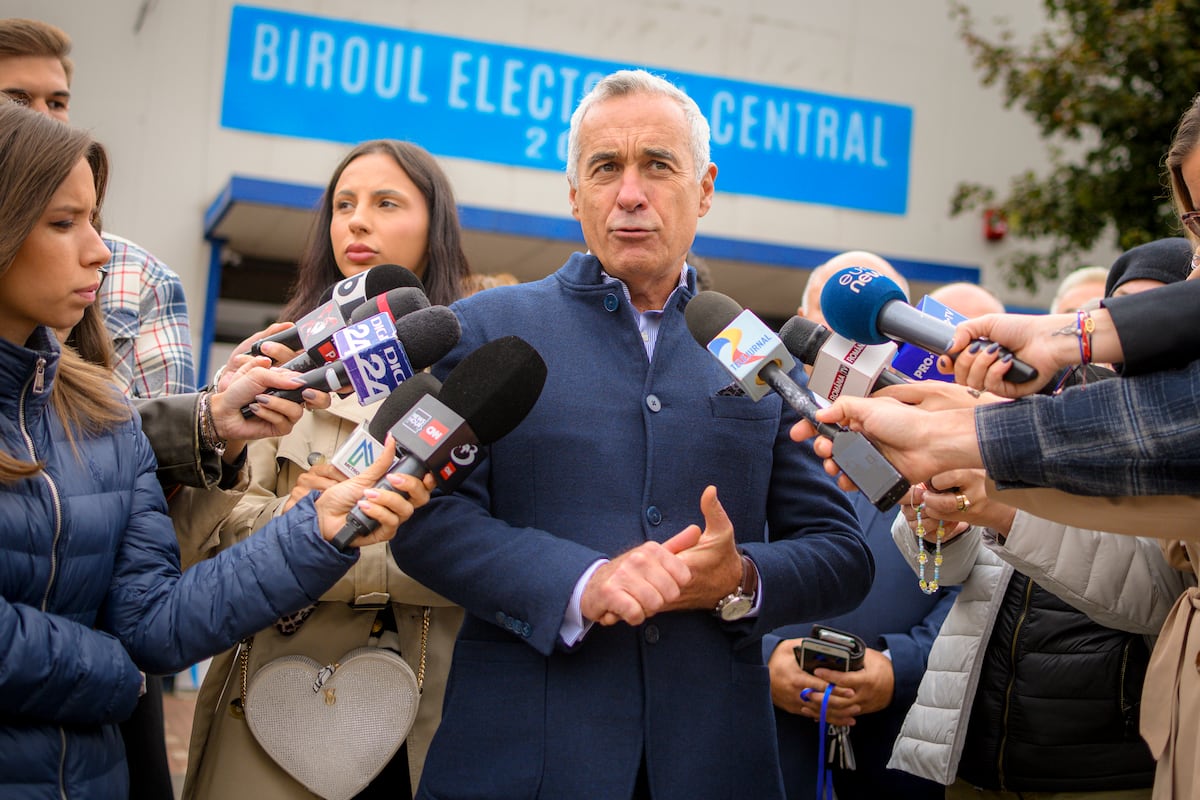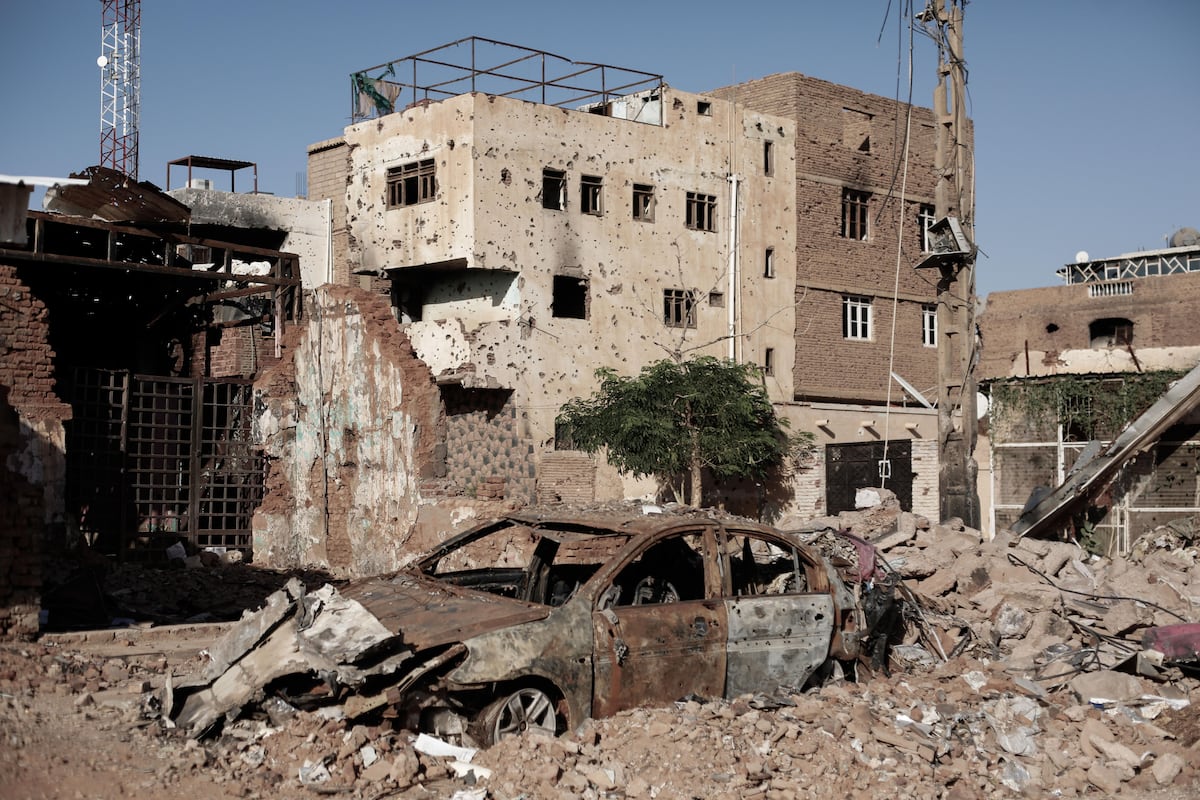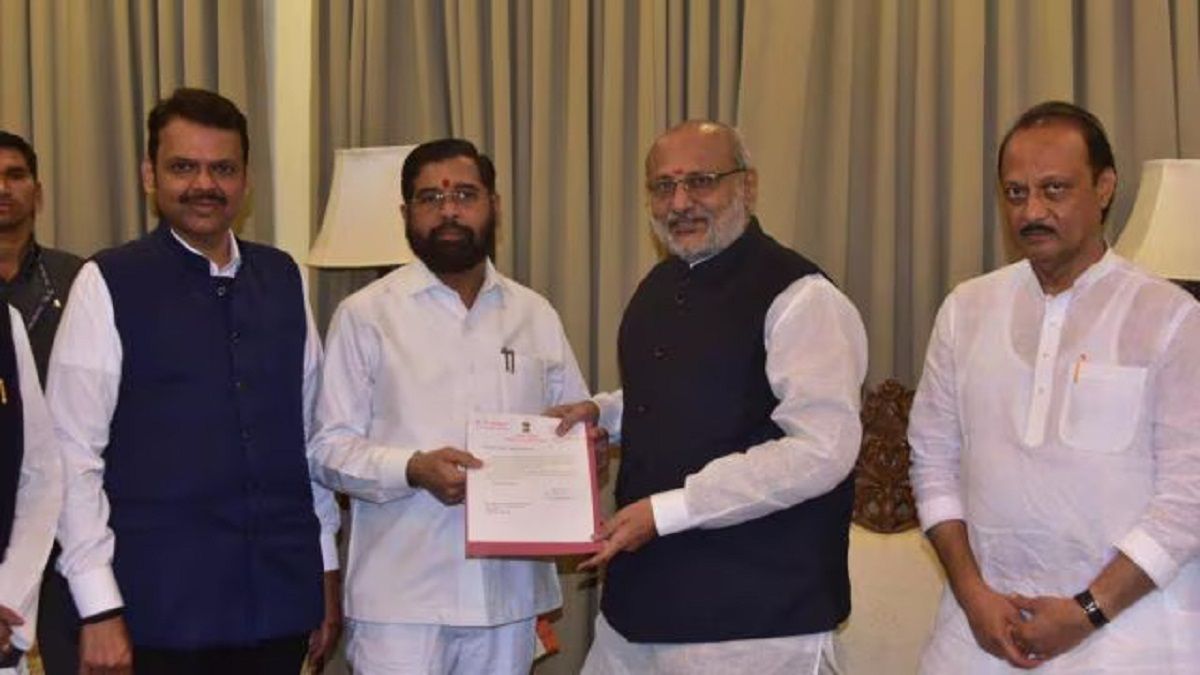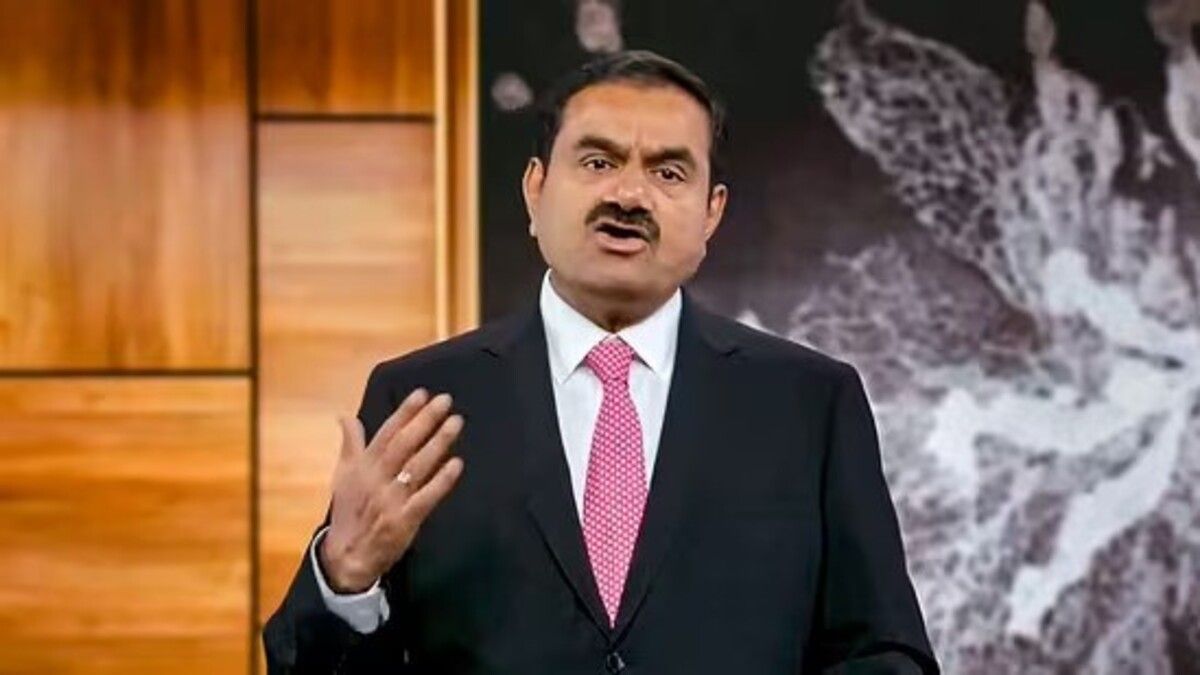Barely three days have passed since Daniel Ortega and Rosario Murillo ordered the approval of a total reform of the Political Constitution of Nicaragua – with which they shielded the dynastic succession and buried the ruins of the independence of powers -, when this Monday the Sandinista Parliament reported modifications to the Military Code and the National Police Organization Law to extend the terms of the heads of the armed forces from five to six years.
In this way, the presidential couple continues to reform fundamental laws at a rapid pace to, according to opponents of the Sandinista regime, adapt their “totalitarian model” to a new “tailor-made” legal framework. The reform of the law on the Police and the Army – the main repressive arms of Ortega and Murillo – gives the president full power over these armed institutions, to the point that he will not only be able to appoint the commander in chief of the Army and the director of the Police, but will be able to extend the position of the police officer as many times as he wants, “according to the interests of the nation.”
The current police chief who has been extended in office is Commissioner General Francisco Díaz, Ortega y Murillo’s father-in-law. The police officer’s daughter, Blanca Díaz, is married to Maurice Ortega-Murillo, one of the sons of the presidential couple. Díaz has been the police chief since August 2018, the year of the massive anti-government protests that police and paramilitaries repressed with such violence that a group of United Nations experts has described as “crimes against humanity.” Commissioner Díaz has been sanctioned by the United States for being the main operator of the operations of repression and violation of the human rights of Nicaraguans, specifically opponents of all kinds, religious people and journalists.
In the case of the reform of the Military Code, the Army remains, on paper, at an arm’s length from the Executive, since the initiative establishes that “no relative of the president and vice president of the Republic within the fourth degree of consanguinity and second of affinity may be appointed commander in chief of the Army.”
However, in practice, General Julio César Avilés has subjected the military to the Ortega-Murillo dictate. Not only has he boycotted the military succession after Ortega extended him in office for 16 years, but in May 2020 the United States sanctioned the military chief for “providing support to the police and paramilitary gangs that committed crimes against the people.” Nicaraguan”.
“Self-coup d’état”
Nicaraguans have not finished assimilating and dimensioning the profound change of the Magna Carta when these new reforms are added to the configuration of the armed forces, institutionalizing at the highest legal level what was already de facto: the control of Ortega and Murillo over they.
After beginning a “compaction of the State” and an unprecedented purge of public employees, the presidential couple ordered Parliament three days ago to approve a tectonic constitutional reform: the new Magna Carta changes the meaning of the State of Nicaragua by naming it “revolutionary and socialist.” ”, and creates a “co-presidency” shared between Ortega and Murillo, thus resolving the difficult issue of family succession. That is to say, Nicaragua becomes the only country in the world known to have two acting presidents, as reported by opponents who prefer to remain anonymous for fear of reprisals against them and their families.
In addition, the reform allows the co-presidents to handpick the vice presidents they consider necessary, without them going through popular suffrage. This provision has been interpreted by critics as the opening to name their children in the new line of constitutional succession, such as Laureano Ortega, the “dolphin” that their parents promote with greater emphasis.
Apart from also extending their presidential term from five to six years, the co-presidents will enjoy full powers over the Nicaraguan State. “The Presidency of the Republic directs the Government and, as Head of State, coordinates the legislative, judicial, electoral, control and oversight, regional and municipal bodies, in compliance with the supreme interests of the Nicaraguan people and the provisions of this Constitution. ”says the new constitutional article 132.
In addition, the co-presidents may officially, according to the reform, appoint and remove ministers, vice-ministers, attorneys, directors of autonomous and governmental entities; heads of diplomatic missions and heads of special missions, as they had already been doing de facto with the state purge.
In total, this change in the Constitution affects a hundred articles, which legalize the paramilitaries, empower the Nicaraguan Army to repress for political reasons together with the National Police and justify the stripping of the nationality of critics considered “traitors to the homeland”.
A group of opponents in exile delivered to Morning Express a statement in which they describe what the presidential couple did as a self-coup. “Under the figure of a partial reform of the Political Constitution they are making a new one, which is the exclusive power of a National Constituent Assembly,” they denounce. “A large number of rights and guarantees established in the dogmatic part of the Constitution are regressively altered; The character of a series of institutions is modified, mainly the Army and the Police, and the door is left open for the Executive, now called the Presidency, with its absolute power, to regulate and control, through secondary laws, the country’s economy.” .
The banished opponents insist that with these reforms, “Daniel Ortega and Rosario Murillo seek the consolidation of a hereditary family dictatorship, accumulating more power than they have, establishing at a constitutional level the dynastic family succession and the absolute power that they already exercise over Nicaragua. By establishing a co-presidency, which replaces the Executive Branch, they resolve their own differences, to satisfy Rosario Murillo’s personal aspirations,” they continue.
Another law to protect those punished
In this rush of reforms and approving new “tailored” laws, the presidential couple approved this Monday a new regulation: the “Law for Protection against External Sanctions and Aggressions”, which puts the National Financial System at a crossroads with international banking , because it not only orders banks to make future sanctions inapplicable, ranging from restrictions on financial operations to the closure of bank accounts, but also renders those sanctions already applied inapplicable. That is, it would force national banks to reopen the accounts of sanctioned officials.
In other words, in case of non-compliance with the law, the regulations impose fines on financial entities that do not reverse the sanction measures. They also threaten people from financial institutions who decide to comply with international guidelines linked to the sanctions that have been applied with jail time and accuse them of “treason.”
The approval of this law turns Nicaragua into a place of “high financial risk” and turns it into an “outlaw state,” explains researcher Manuel Orozco, since it makes the country a safe place for sanctioned people and entities. The reaction of the International Financial System and its response to this measure remains to be seen. However, the objective of this law is to force local banks to look for other financial markets other than the United States, which is, to date, Nicaragua’s largest trading partner. And the regime targets, according to its new international relations, China, Russia and Iran.

